At Humanise London, we stepped away from our day-to-day, looked up from our screens, and connected through the power of experiences. We donned aprons for a bake-off, and discovered that even a tart that topples over can be a winner. We opened our minds to magician Matt Cooper, who wowed us all with the number 64. We shared stories with peers and learned from inspirational big thinkers who are shaping the way the world works.
That’s the beauty of experiences—from small group workshops, to clay pigeon shooting, to snacks that make you smile (M&M’s, anyone?). But the magic at Humanise London didn’t happen by chance. The event was designed to enlighten, connect, uplift, and inspire.
The same intentional mix of strategy, space, and technology allows us to unlock the potential of our business’ most important assets—our people. We learned the importance of enabling our teams so that they feel more fulfilled at work. We explored the impact we have beyond space, and the way in which we approach our roles as leaders.
Collectively, the decisions we make at work impact millions of lives. That’s why the insights gained at Humanise extend well beyond that beautiful Soho Farmhouse environment. We each must continually strive to connect, learn, and grow—and empower those who reside in the spaces we create to do the same. Only then can we ensure we’re all doing our best work.
Read (and watch) on for learnings we won’t soon forget.

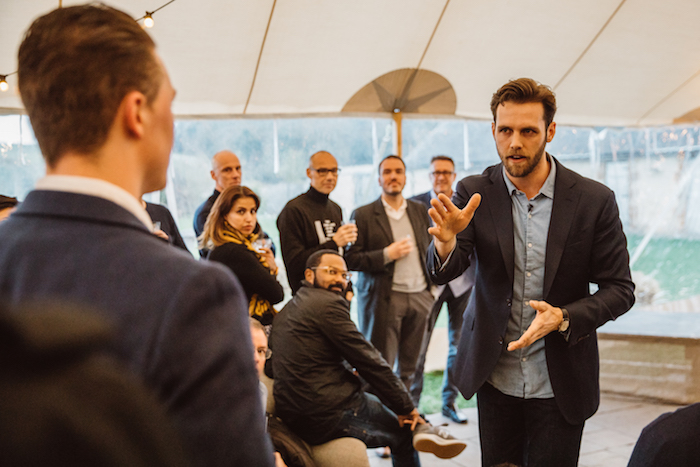
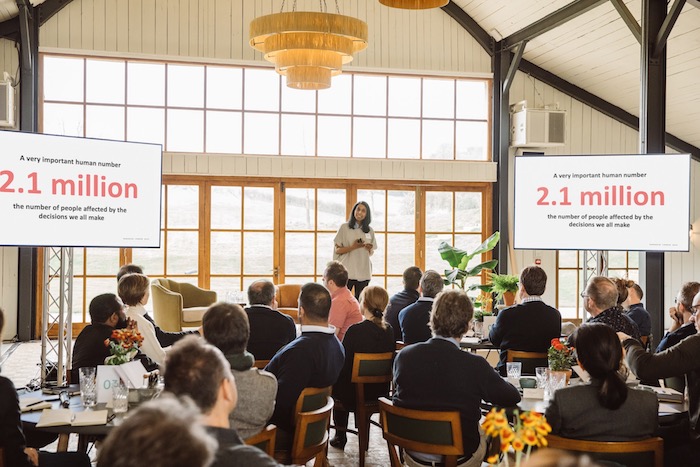
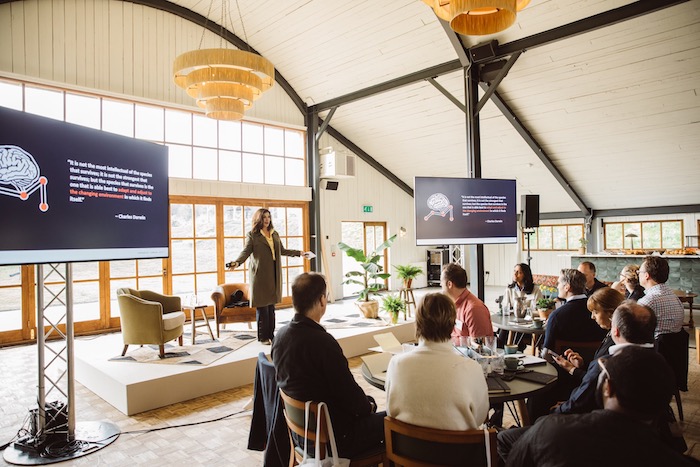
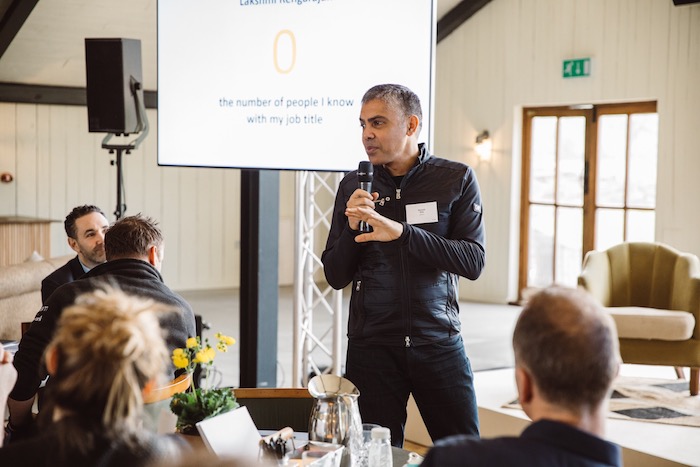

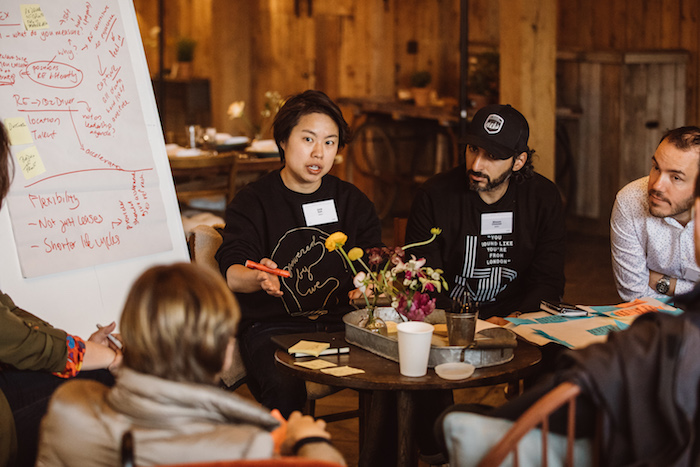
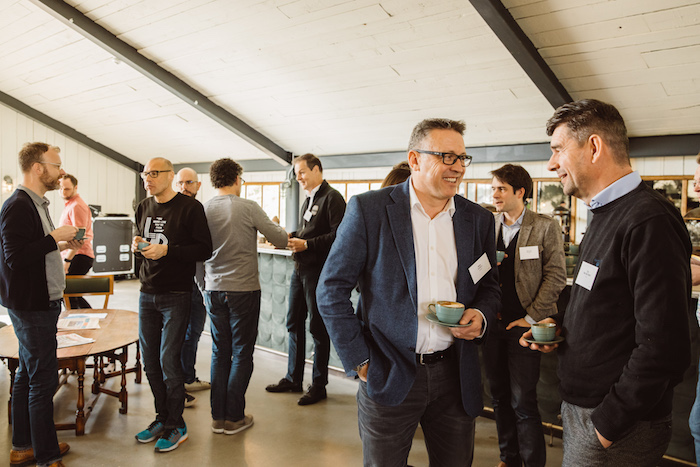
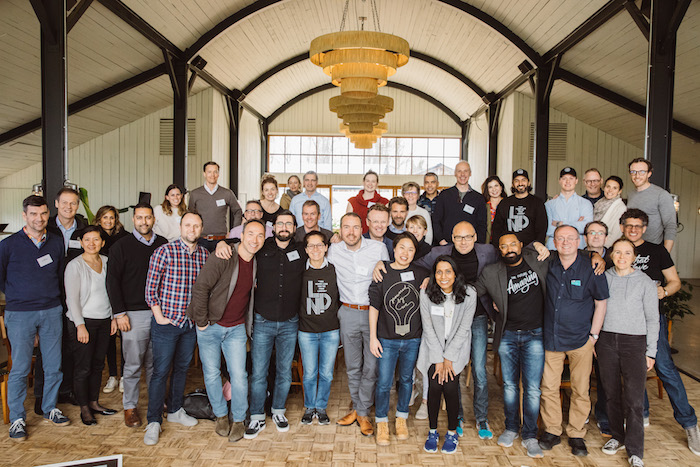
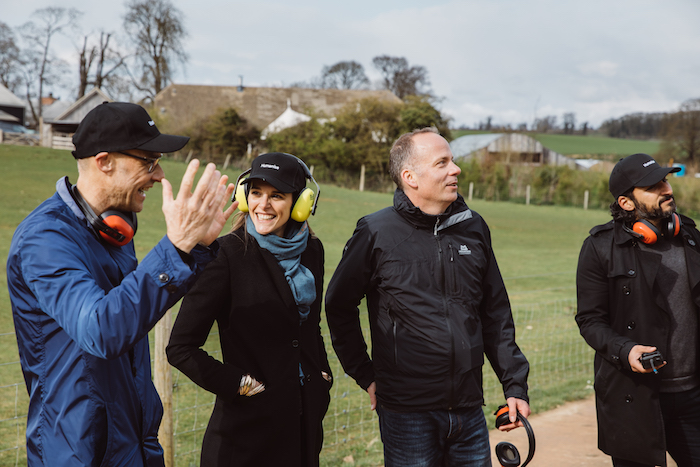
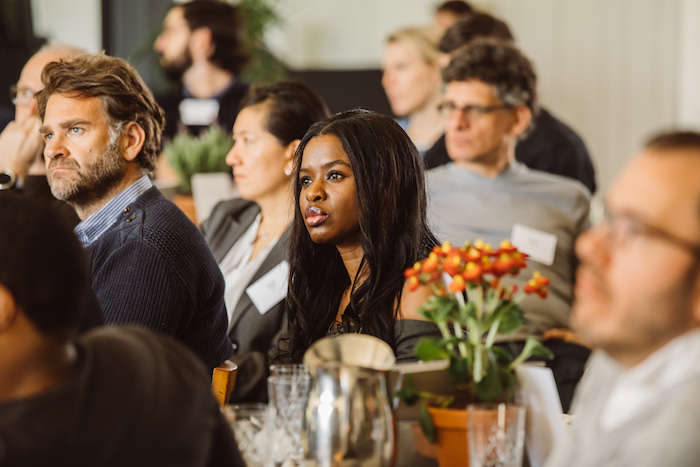
Three takeaways that stuck with us from Humanise London:
As real estate leaders, we have the opportunity to positively impact lives through the actions we take, every day. The decisions we make affect so much more than simply people’s work lives—how we feel at work affects how people return home to their families and friends, and how they engage with their communities. We owe it to them to make well-informed decisions about space.
Experience is an equation. Great workplace experiences are built holistically—when we combine strategy, space, and experience, all connected by technology.
Incredible things happen when people come together. The energy, excitement, and ideas that come from connection is palpable. Take a moment every day to look up from your computer, share a story, and make a human connection.
Inspiring ideas from our thought leaders
The Humanise London speakers offered new perspectives that shaped the ways we view our day-to-day lives. Our top takeaways from each session:
The human workforce of the future
- We spend 95,000 hours at work. If the average lifespan is 75 years, that’s 23 percent of a person’s life.
- We’ll soon see new ways of working emerge, in three clear categories: the human workforce, intelligent automation, and augmented intelligence.
- Younger generations, our future workforce, require space that is functional, flexible, and fulfilling.
The power of workplace connection
- Right now, it’s harder than ever to connect and easier than ever to meet.
- Connection is so important because there are so many more ways to be disconnected.
- Don’t put all the pressure on one day or one icebreaker to connect. Instead, build a campaign to create meaningful relationships over time.
The We Company and evolution of WeWork enterprise
- The vision for The We Company was always to create an ecosystem around an entire person’s life.
- Our members are at the center of everything we do.
- It’s impossible to predict the future, but it is possible to plan for it.
The moral, social, and economic case for diversity
- Diversity may be the hardest thing to live with, and the most dangerous thing to live without.
- Design that helps those with disabilities can actually benefit everyone.
- Putting diversity first is not only socially right; it also has a positive impact on a company’s bottom line.
The importance of workplace fulfillment
- Today, more than two-thirds (66 percent) of employees are unfulfilled at work.
- Three key areas that contribute to a sense of fulfillment at work are connection, impact, and growth.
- It’s time to fundamentally rethink our roles—we’re not providing commodity services. We’re shaping the future of the world we live in. Let’s create differentiated, amazing, and fulfilling workplace experiences.
The need to continuously transform
- If the pace of change inside isn’t the same as the change of pace outside, then you’re going backwards. It’s vital to embrace agility.
- Great talent is a necessary ingredient of transformation.
- The right space can offer a revitalizing energy, and invite collaboration and innovation.
The experience ecosystem, powered by technology
- With a base-layer of connection, technology can help it scale.
- Space will always be bound; technology is boundless.
- It’s important to understand through technology where something in a workspace is working, and where it’s not. Technology enables strategic choices.
Problem-solving some of our greatest challenges, together
In our power hour workshops, we discussed some of the most pressing challenges facing company leaders today. Though we won’t solve these problems overnight, together, we brainstormed a way to begin making progress.
The connective power of technology
It’s vital to unify the conversation around technology, human resources, information technology, and facilities. These teams are usually fragmented, but at the end of the day, they all serve the same customers: employees. Going forward, we need to create more work groups to build a better-connected experience across an organization, augmenting the physical space with technology.
Spatial strategy and insights
Space needs are informed by business and cultural drivers within an organization; as such, real estate needs to be more involved upfront in business strategy. As for insights, while everyone wants the main metric to be employee engagement, the primary driver is efficiency, and which needs to be a primary consideration in spatial strategy.
Environment and space
Employees should have a good experience from the second they walk through the door. Energy is important, and comes from the people in the space. As providers, we need to find a happy medium between offering perks and keeping the lights on.
Employee engagement and experience
Measuring the employee experience remains a challenge. Not a single company has cracked how to effectively do so. Yet, how can we begin to try to track it using data from email, conference room bookings, and other tangible sources?
Real estate as a growth driver and the rise of flexible space
Real estate can be, and in some instances is, a strategic function. Yet, real estate and key real estate stakeholders report to different roles in the c-suite. We need to better align with what our peers are trying to accomplish in order to justify the capital expenses? For example, how do you actually prove that a workplace has an impact on productivity? Let’s be better about capturing qualitative and quantitative data to understand growth drivers.
Thank you!
Thank you for being a part of Humanise London. Connect with our team for more insights or questions at [email protected].
WeWork offers companies of all sizes space solutions that help solve their biggest business challenges.




